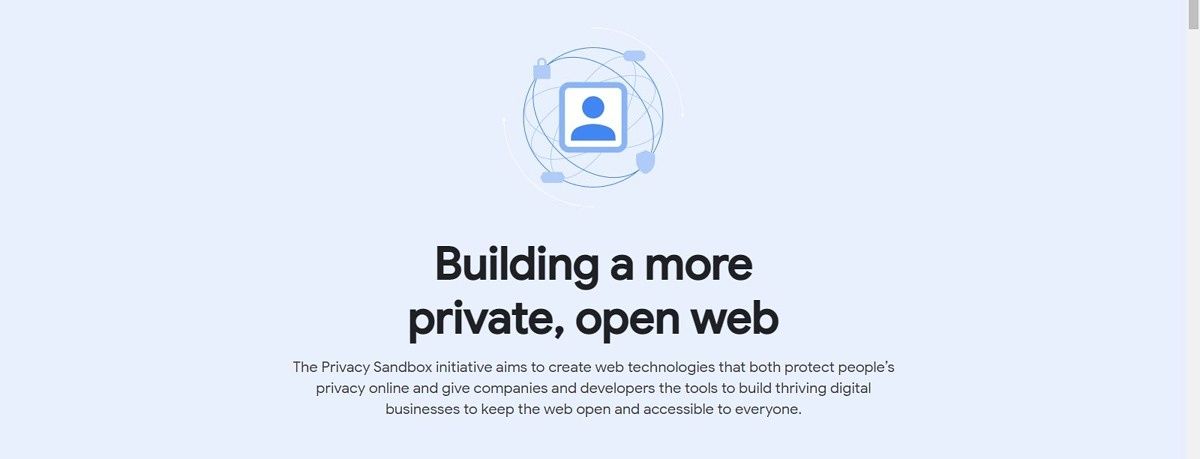The key to a safer Internet is to involve everyone, from users to web developers to advertisers and everyone else, in the development of new privacy measures. But the Internet is a big place, and there are many companies that benefit from tracking you online. This is why Google launched the Privacy Sandbox, an initiative meant to create and launch new technologies to keep your personal browsing habits safe. It was first announced in March and was met with controversy, especially over Google's decision to replace third-party cookies with its in-house FLoC solution. Although Google still plans to remove third-party cookies from Chrome, the company has announced that it is pushing back its timeline.
Google says it is advancing at a prudent pace because of how important current tracking tools are to the financial wellbeing of many advertisers, web publishers, and other online entities. The company also says that they must ensure that cookies are not replaced by alternative types of individual tracking, which is why they are working on new privacy-preserving technology that inhibit the emergence of covert tactics like fingerprinting. Even if Google's intentions are in the right place, forcing such a big change on the online industry, especially on the original timeline they were planning to follow, puts many in a difficult position. That's why Google is pushing back its deadline to kill third-party cookies in Google Chrome.
Google will phase out third-party cookies in a two-stage plan. First, in late 2022, Google will launch new APIs in Chrome that publishers and advertisers can adopt. Google will give about nine months for companies to adopt the new API, during which they will monitor adoption and listen to feedback. Google says that its alternative API to third-party cookies, FLoC, will be launched in Chrome once the technology has undergone a "multi-phased public development process, including extensive discussion and testing periods." Few companies are on board with FLoC, which is currently being tested among a small group of users.
Then sometime in mid-2023, Google will phase out third-party cookies over a three-month period ending in late 2023. This will give web developers time to prepare, according to Google, and is consistent with the company's agreement with the United Kingdom's Competition and Markets Authority (CMA).
A more detailed schedule will be provided on privacysandbox.com, so keep an eye out on that page if the removal of third-party cookies affects your business.

